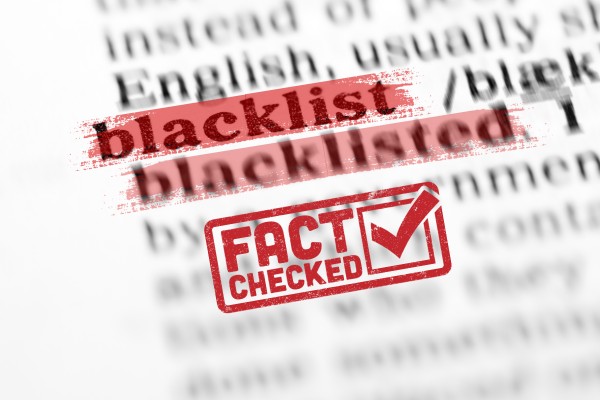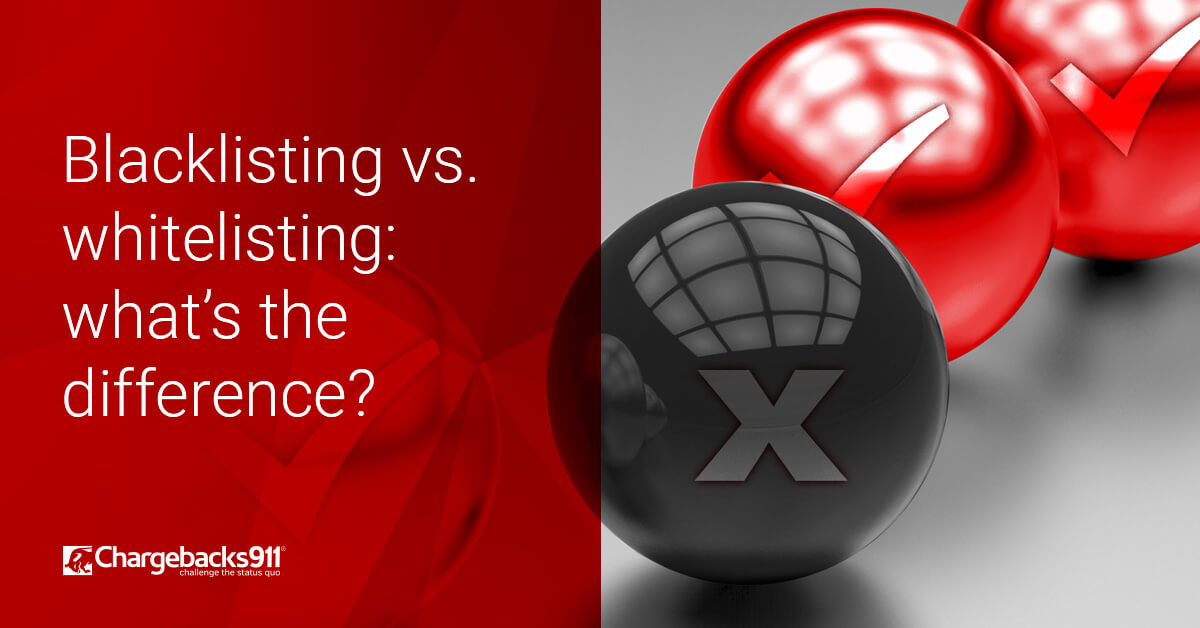Top Suggestions To Deciding On Credit Card Apps
Wiki Article
What Constitutes A Suspicious Act That Could Lead To A Blacklisting?
Certain behaviors or actions could raise red flags, and could lead to the credit card being flagged by the bank or the card issuer. A few examples of suspect behavior include- Unusual Spending Patterns-
A sudden rise in the amount of spend or a sudden deviation from the normal behavior of a cardholder can make one suspect.
Unrecognized Transactions
The signs of fraud are evident when you notice any transactions on your card statement that are not familiar or are not authorized and the cardholder does not accept.
Multiple Declined Transactions
Many failed or declined transactions within a very brief time frame, especially in the event that a cardholder typically has a good track record of transactions, could indicate a possible problem.
Geographic Anomalies-
The transactions made at locations that are away from the typical locations of spending, or transactions made from multiple geographical locations within a brief period can raise suspicion.
Types of purchase that are not normal
The purchase that is suspicious can be flagged, particularly for expensive items that do not match the spending patterns of the card holder.
Uncommon Online BehaviorUncommon Online Behavior
An unusual or unexpected activity online like failed logins repeatedly, account changes, or suspicious attempts to login, could be a sign of unauthorized access.
Unusual Card Usage
If your credit card is suddenly used for an international transaction when it has always been used locally, it may be viewed as suspicious.
Sudden Cash Transfers or Advances
Transfers or cash advances that are out of the ordinary for the cardholder's spending behavior could cause alerts.
Transactions that are frequently not authorised by a card
An increase in transactions made with a card not present (online or by phone) without a previous history could signal an indication of fraud.
Problems with Identity Verification
Inconsistencies in checking the identity of cardholders in transactions, especially when additional verification is required, could cause suspicion.
The card issuer might investigate any of these actions or observe them and may temporarily block your card until you can confirm the identity of the cardholder.

What Should I Do If I Suspect That My Credit Card Is On Blacklists?
Contact the Card Issuer as Soon as Possible-
Call the customer care number printed on the reverse of your credit card. Visit the website of the issuer for an exclusive hotline to report a fraud.
Let the card issuer know of your concerns. You can inform them that you are concerned about fraudulent activity or the possibility that your credit card could be compromised.
Report Suspicious Activity-
Explain any unusual or unauthorized transactions you've noticed on your credit card statement.
Please provide specific information about the transaction that you are concerned about. Include dates, the amount and, if you can, merchant names.
Request Card Replacement or Blocking
If you want to prevent any further transactions that are not authorized you can request that the credit card's issuing company temporarily blocks the card temporarily.
To continue access to credit, inquire about the procedure to replace your card.
Review Your Account to dispute Charges
Check your latest reports and transactions to find any suspicious activity you may have missed earlier.
If you identify fraudulent transactions, raise them with the credit card issuer so that they are looked into and resolved.
Keep track of your credit score.
Contact the credit card company you use to find out if the issuer has taken appropriate steps to deal with any issues you may have.
Be sure to monitor your credit card account frequently for unusual activity or sudden changes.
You might want to consider putting up a Fraud Alert or Security Freeze-
Based on the severity of the incident the situation, you may choose to place a fraud freeze or alert on your report in order to protect yourself from identity theft and future fraud attempts.
Send a report to Authorities If Required, report to authorities
If you believe that there is an identity theft case or significant fraudulent activity, consider reporting the incident to the Federal Trade Commission (FTC) and filing a report with the local law enforcement agency.
It is essential to act quickly to minimize potential losses and avoid future unauthorized transactions. You can minimize the impact of fraud on your credit card and misuse by reporting suspicious transactions immediately to your credit card company.

Who Are The Qualified Individuals Who Can Run Credit Card Numbers Through The Blacklisting Application?
Professionals who are authorized in financial institutions, law-enforcement agencies, and cybersecurity companies are usually responsible for confirming credit card numbers as well as examining suspicious activity associated with credit cards. These professionals include: Fraud Analysts- trained individuals in financial institutions who specialize in the detection and investigation of fraudulent activities associated with credit card transactions. They use tools and software that are specially designed to identify patterns and anomalies, and may also reveal compromised information about the card.
Cybersecurity experts are professionals who specialize in cybersecurity. They are trained to monitor and identify threats such as the theft of credit cards. They are focused on preventing the loss of data, and analyzing information for warning signs and installing security.
Law enforcement officers Individuals or units within the law enforcement agencies that specialize in financial crimes such as credit card fraud. They have the resources and databases necessary to track fraudulent activity.
Compliance officers are experts who make sure that financial institutions adhere strictly to the regulations and laws that govern financial transactions. They may oversee processes that identify and report any suspicious transactions involving credit cards.
The authority to verify credit cards against blacklists or databases is authorized by law and requires the necessary authorization.
These qualified individuals or teams employ specialized instruments and protocols, legal procedures and software that can verify that credit card data is not in blacklists. All this is done while adhering strictly to the privacy and security rules. It is essential to trust authorized professionals and institutions when confronted with concerns about potentially compromised credit card data. Unauthorized attempts to gain access to or use credit card blacklists could result in legal penalties. Follow the most popular savastan0 cc dumps for site info.
